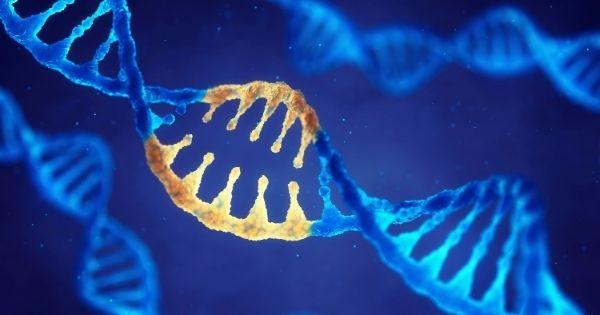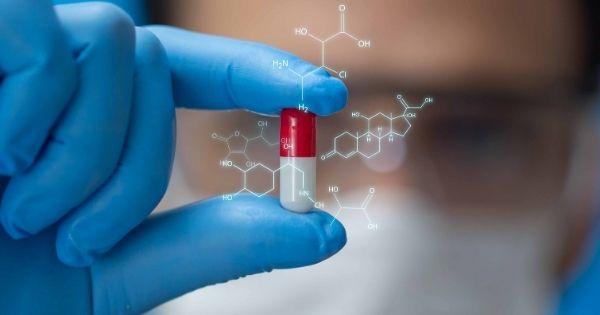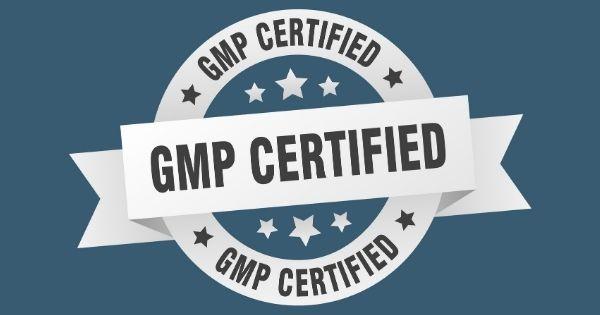
General research is undoubtedly valuable to humankind—under no circumstances is the methodology underwhelming, but rather thorough, extensive, and complex to fill voids in knowledge and discover satisfactory methods that can better communities. Research is integral to the coalition of the medical field that strives to preserve and optimize human life. Because of medical research studies that involve people, professionals in the healthcare industry can provide cutting-edge treatment options and advanced care opportunities.
(more…)
Are you wondering which isotopes are used for radiolabeling? First, you should take note of the critical technique of isotopic labeling and the function of radioisotopes in an array of disciplines. Radioisotopes—isotopes of an atom with unstable nuclei—are used in a variety of medical science applications. As a form of isotopic labeling, radiolabeling is a specific technique generally used for tracking the changes in an isotope as it undergoes a metabolic pathway or reaction in a cell.
(more…)
When it comes to using radioactive substances in medicine, many people automatically think of cancer treatment such as radiation therapy. While radiolabeled compounds play a significant role in therapeutic treatments for cancer patients, using radiolabeled isotopes is also vital to the diagnosis of cancerous tumors.
(more…)
In general, radioactive substances are thought of as bad for our health. In some cases, radioactivity can lead to severe health effects. While this is true in excess, there are many instances in which radioactivity can benefit our health. In the medical field, radioisotopes are valuable assets to diagnostic and therapeutic needs. Let’s take a more in-depth look at the uses of radioisotopes in medicine.
(more…)
Clinical trials are essential to medical research. Bringing a new drug to the market largely relies on safe and effective clinical trial results. However, finding willing participants to participate in clinical trials can be challenging. Many patients may find the idea of trying a new drug too risky even to consider taking a substance that is still in the clinical trial phase. Without a large pool of patients willing to take this risk, your drug won't ever see the market, or you risk receiving varying results. Use these tips for recruiting clinical trial participants to run the best clinical trial possible.
(more…)
Modifying nucleic acids with tags allows for the detection and purification of the nucleic acid (DNA or RNA) during synthesis. The resulting nucleic acid probes identify or recover other interacting molecules as well. Radiolabeled compound suppliers use enzyme and chemical methods to label the nucleic acid at the 5’ or 3’ ends of the oligonucleotide, as well as randomly throughout the sequence. Here are a few of the most common methods for labeling nucleic acids.
(more…)
For a drug to be clinically effective, it must absorb into the bloodstream. Absorption is the process of a drug moving from the site of delivery to the bloodstream. The absorption process is crucial to treatment, but it is complex and can be challenging to understand. Here’s what you should know about drug absorption.
(more…)
Quality control is one of the most critical aspects of manufacturing and selling products. That's why it's crucial to use a GMP certified manufacturing company to manufacture goods, especially pharmaceuticals. But what does it mean to be a GMP certified manufacturer? Let's take a look.
What Is GMP
GMP stands for good manufacturing practice, and it is a system that ensures products consistently adhere to quality standards. GMP regulations were put in place by the Food and Drug Administration (FDA) to minimize the risks involved in producing goods, such as supplements and other pharmaceuticals.
GMP covers all aspects of production, from the materials, manufacturing location, and equipment to the training, PPE, and staff's personal hygiene. According to GMP guidelines, detailed written procedures are essential for each process that could affect the finished product's quality. Every step of the manufacturing process must come with documented proof of the methods used to show that every product is made with consistency.
Why Being GMP Certified Matters
Being a certified GMP manufacturer is of the utmost importance. It is nearly impossible for a consumer to determine if a drug is safe or effective by simply looking at the pill. This is why GMPs are necessary, as they protect consumers from potentially harmful medicines and supplements.
GMP certification not only gives manufacturers a strong reputation as a trustworthy and responsible facility, but it also shows that they produce their products at the highest level of quality possible. When a manufacturer has a GMP certification, they can guarantee that a product was made in an FDA approved facility. Furthermore, this means the manufacturer is taking all the necessary quality control steps to produce safe and effective products.
Pharmaceutical manufacturers and businesses that are looking to outsource their manufacturing needs should never overlook what it means to be a certified GMP manufacturer. At Moravek, we take quality culture seriously; that's why we're a trusted GMP certified API pharmaceutical manufacturer.

GMP stands for good manufacturing practice, a process that is highly important in any manufacturing facility. The Food and Drug Administration's GMP guidelines ensure the safety and quality of all products. Just like GMP, cGMP is also highly sought after in the manufacturing industry. Let's take a more in-depth look at the differences between GMP and cGMP.
(more…)
Every new product that hits the market, including new pharmaceuticals, must follow regulatory compliance. Regulatory authorities issue guidelines and rules for development, licensing, manufacturing, marketing, labeling, and more. While strict guidelines may seem like a pain, they are highly crucial to pharmaceuticals' safety and efficacy and their development process. Improved standard methods, efficiency, and costs are a few of the values of growing for regulatory.
(more…)
There is a lot of information that goes into understanding DNA and RNA radiolabeling. Radioisotope labeling is a traditional method for nucleic acid labeling, and it is highly essential to the detection, visualization, and purification of DNA and RNA.
(more…)
An impurity in pharmaceuticals is classified as any component that is not the entity defined as the drug substance. In addition, for a drug product, any component that is not a formulation ingredient is considered an impurity. There are three different types of impurities in pharmaceuticals that API manufacturing companies must be wary of. Below, we provide a more in-depth look at each of these three types of impurities.
(more…)